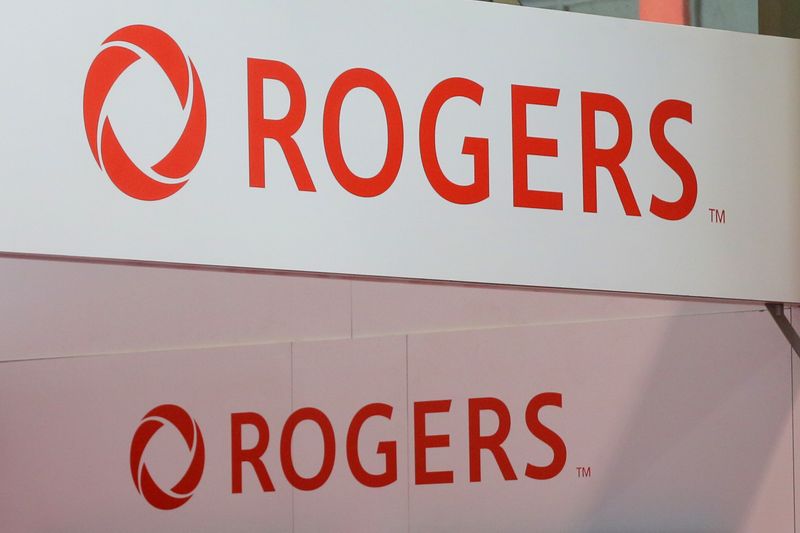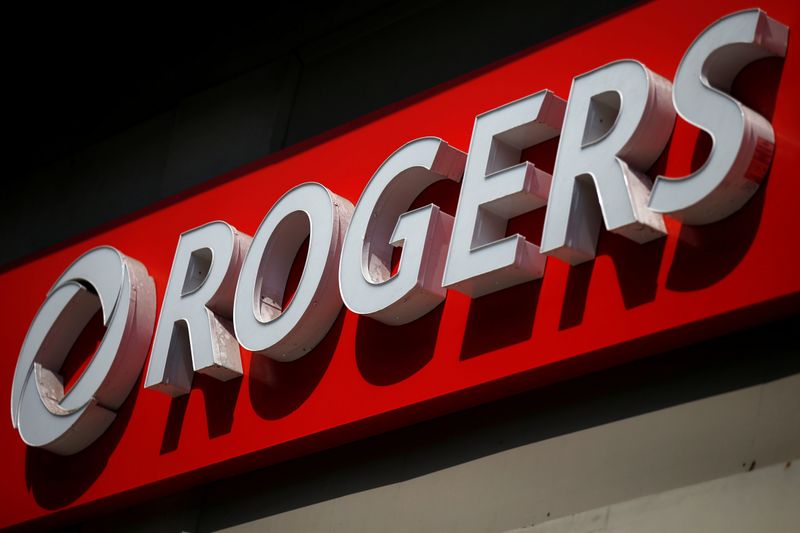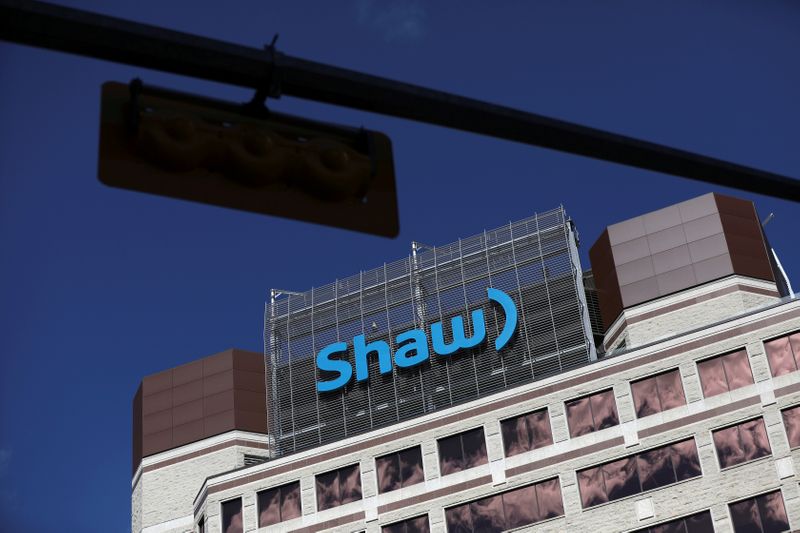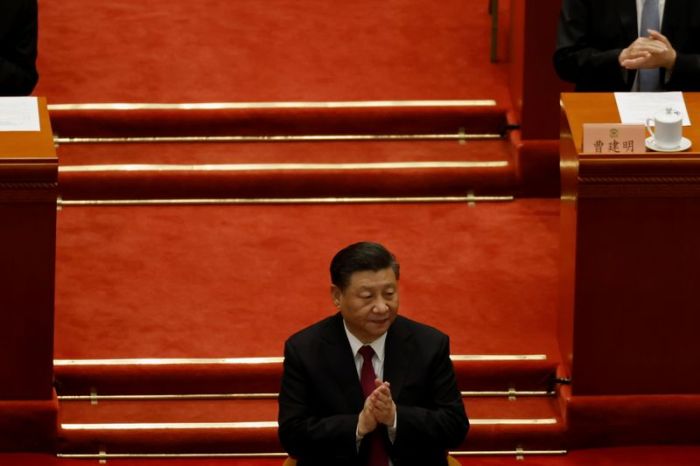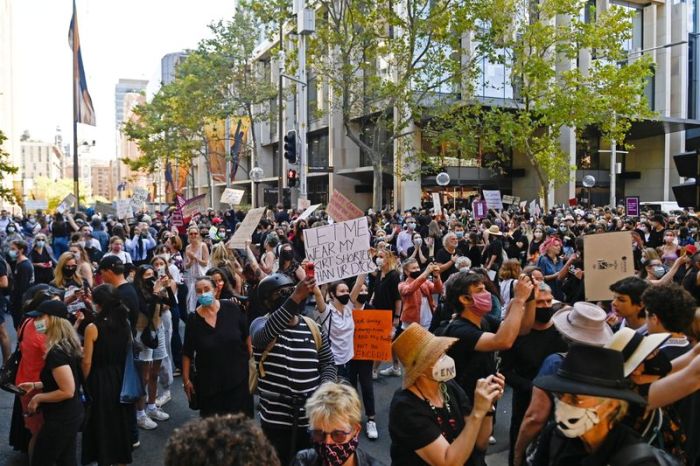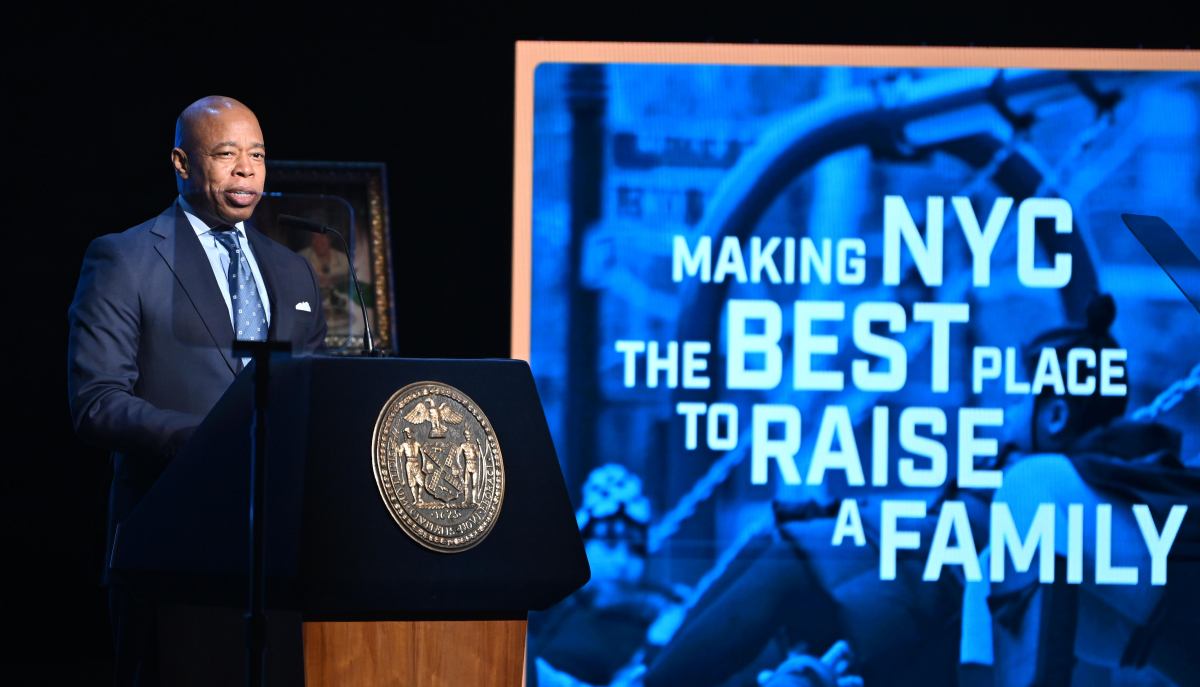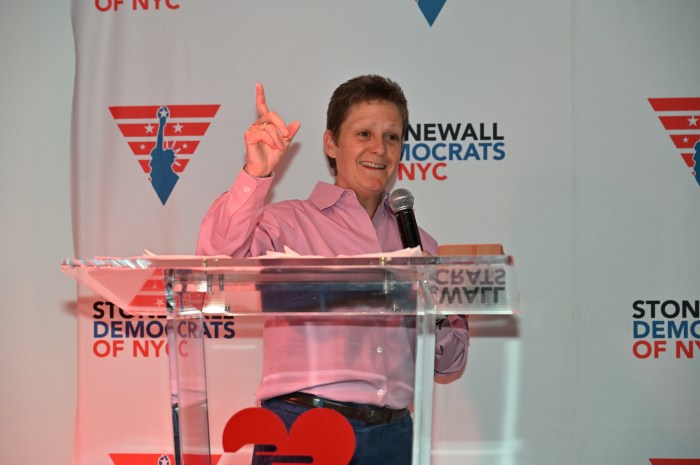(Reuters) – Rogers Communications Inc said on Monday it was buying Shaw Communications Inc for about C$20 billion ($16.02 billion) in a deal that would create Canada’s second-largest cellular and cable operator but might attract stiff regulatory scrutiny.
By acquiring fourth-ranked Shaw, Rogers would leapfrog Telus Corp and take on market leader BCE Inc in the highly competitive Canadian telecommunications industry.
Rogers, whose business is concentrated in the urban centers of Ontario, is also expected to gain from Shaw’s strong presence in the sparsely populated regions of Western Canada and help it double down on its efforts to roll out 5G throughout the country.
Shaw shares jumped 42% to C$34, but traded well below the offer price of C$40.50, suggesting doubts about the deal, which is valued at C$26 billion including debt. Shares of Rogers were also up 7% at C$64. (https://refini.tv/2OXPb4w)
“It’s really too early to speculate on the regulatory outcome overall,” Rogers Chief Executive Officer Joseph Natale said on a conference call. “But we feel confident this transaction will be approved.”
The deal, if completed, would be the biggest in the Canadian telecoms industry since BCE completed the spinoff of its stake in Nortel Networks in a transaction valued at C$88.7 billion in 2000, according to Refinitiv data.
However, investors and analysts who expected the deal, believe regulatory risks are imminent.
“Shaw was always seen as a solid fourth player in Canada. When you’re talking about taking out that fourth player, I do see that there are some regulatory risks for this,” said Stephen Duench, portfolio manager at AGF Investments, whose firm owns shares in both companies.
The deal will be reviewed by the independent Competition Bureau of Canada, the Canadian Radio-television and Telecommunications Commission, as well as the department of Innovation, Science and Economic Development.
Canadian Innovation Minister Francois-Philippe Champagne said the review would focus on “affordability, competition, and innovation.”
Canada’s telecoms industry came under the spotlight during the last federal election, with voters complaining about cellphone bills, which are among the highest in the world.
In March last year, Prime Minister Justin Trudeau’s minority Liberal government ordered Canada’s top three top telecom operators, which together control 89.2% of the market, to cut prices on their mid-range wireless service plans by 25% within two years or face regulatory action.
Sticking with its pledge of offering affordable wireless plans, Rogers said it would not raise wireless prices for Freedom Mobile customers for at least three years after the closure of the deal.
Toronto-based Rogers also said it planned to spend C$2.5 billion on ramping up 5G networks in Western Canada over the next five years following its acquisition of Calgary-based Shaw.
Rogers’ finance chief, Tony Staffieri, said the company was not looking to sell cable firm, Cogeco, in which it owns a 34% stake, or any other assets.
The deal brings two of the country’s biggest family-founded telecom businesses together, with a combined C$19 billion in annual revenue. BCE raked in C$22.9 billion last year, while Telus had C$15 billion in revenue.
($1 = 1.2483 Canadian dollars)
(Reporting by Eva Mathews in Bengaluru, David Ljunggren in Ottawa and Maiya Keidan in Toronto; Writing by Subrat Patnaik; Editing by Shailesh Kuber and Anil D’Silva)

